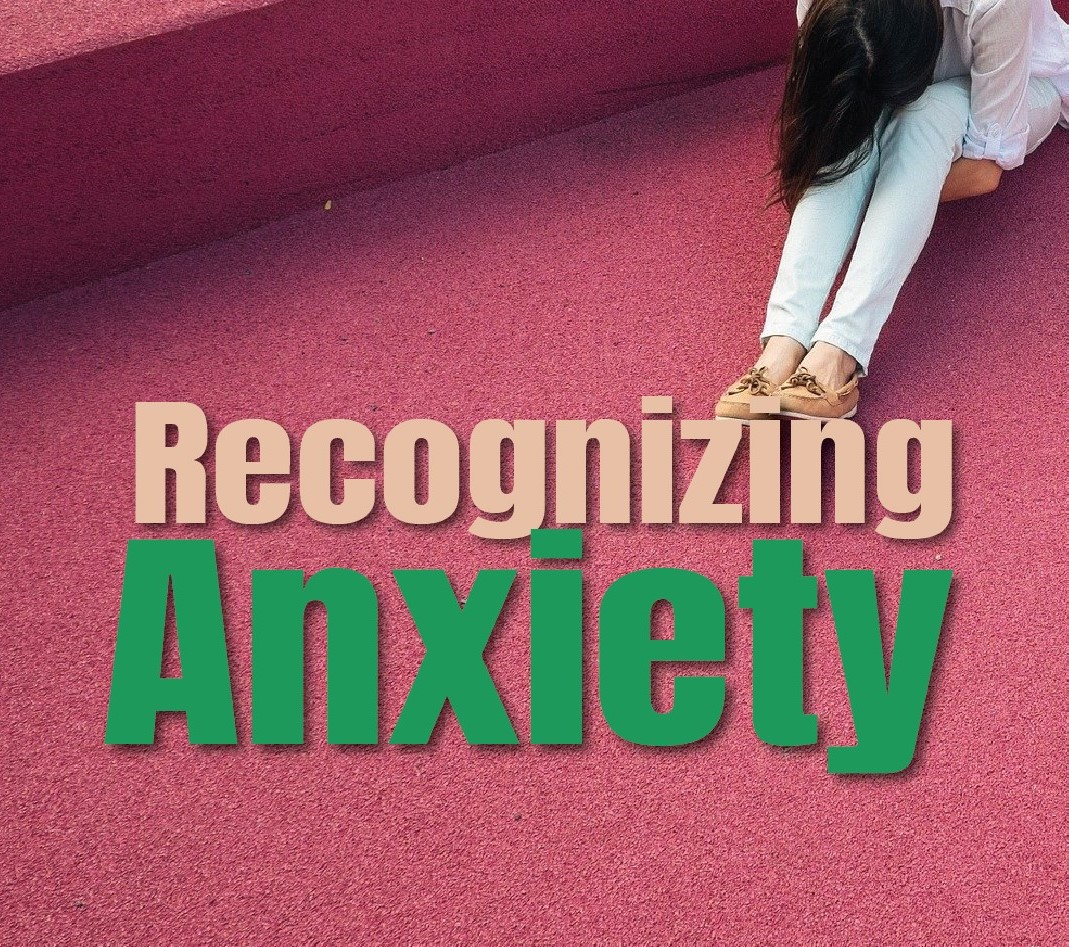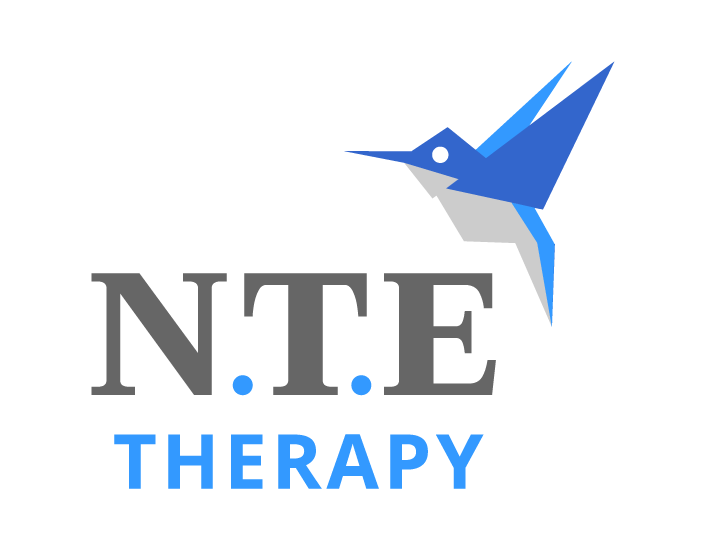
Most common symptoms: Rapid heart beat, Quick shallow breathing, Sweating, Feeling flushed and hot, feeling butterflies in your stomach, worrying, thinking about the worst case scenario, feeling overwhelmed.
Less recognized symptoms of anxiety: rumination (having the same thoughts over and over), intrusive thoughts or images of something bad, being unable to focus or concentrate, missing details or cues you would usually catch, losing items, feeling irritable, snapping at people, feeling like you can’t handle small problems, crying easily, eating more or less than usual.
There are many levels of anxiety ranging from general nervousness or worry, to crippling fear that impacts all parts of your life. The most acute anxiety is called a Panic Attack, and it may happen when you are faced with something extremely stressful or without any apparent reason.
Symptoms of a Panic Attack
Rapid heart beat, hyperventilating, tingling in fingers, toes and/or face, sweating or feeling chilled, feeling hot or flushed, feeling like you can’t breath or there is pressure on your chest, feeling like something terrible is going to happen, feeling like you are going crazy or losing control, nausea, dizziness, feeling like you might die, feeling detached or like things are not real.
These symptoms come on very suddenly and can occur at any time, even when you are sleeping, driving or someplace that should seem fun or relaxed. They can be intensely uncomfortable and many people think that they are having a heart attack or might die, but panic attacks are not physically dangerous themselves. A panic attack will typically last for about 20 minutes. It will NOT last forever, and it will go away on its own, even if you don’t do anything. However, panic attacks may get worse without treatment.
How to get through a Panic Attack
1 Breathe deeply and slowly in through your nose and out through your mouth (this stimulates your vagus nerve and helps to slow your body’s stress response)
2. Slowly look around you and find
– 5 things you can see
– 4 things you can touch
– 3 things you can hear
– 2 things you can smell (or 2 smells you like)
– 1 emotion you feel
This is called GROUNDING and it can help when you feel like you are losing control. There are many ways to help ground yourself, but anything that focuses your attention on the actual, physical space around you can help; like what does the actual device in your hand that is allowing you to look at this post feel like? Is it cold or warm? Hard? Heavy? Experiment with a few strategies and find a grounding technique that you like.
3. Hold your breath and put your face in ice cold water, or put ice or cold water on your face, particularly the areas under your eyes and around your temples. This will stimulate your “Diving reflex” which automatically slows your breathing and heart rate and may help you get your thoughts under control.
3 Consider whether the anxious thought you are having it “the truth”. It is real? Is it likely? You can use LOGIC to help yourself.
4. Remember your brain is just a body part, like your arm. When your arm falls asleep, you realize that it is short circuiting and you shake it awake. A panic attack is your brain short circuiting; it is telling you that there is life-threatening danger when there is not. When your brain is short-circuiting, shake it awake. Keep changing thoughts until you get to a good one. Do it like a slide show or like a page in a catalog. Push the negative thoughts to the side like a page you aren’t interested in until you get to a slide/page that you like.
5. A panic attack is like a wave in the ocean. You may not be able to prevent it from coming, but it does not have to knock you over. You can let it wash over you and you WILL come out the other side. You don’t have to fight it because it WILL end on it’s own. It just helps to be able to have some strategies to manage your thoughts and needs as you go through the process. (This is the AWARE method if you would like to look it up and get more information).
IMPORTANT
Some of these strategies may work for you and some might not. You do not have to do all of these things, and this is not a test that you pass or fail. Try to find something that works for you. Contact me if you want more information or if you need more help to manage your anxiety.

Recent Comments